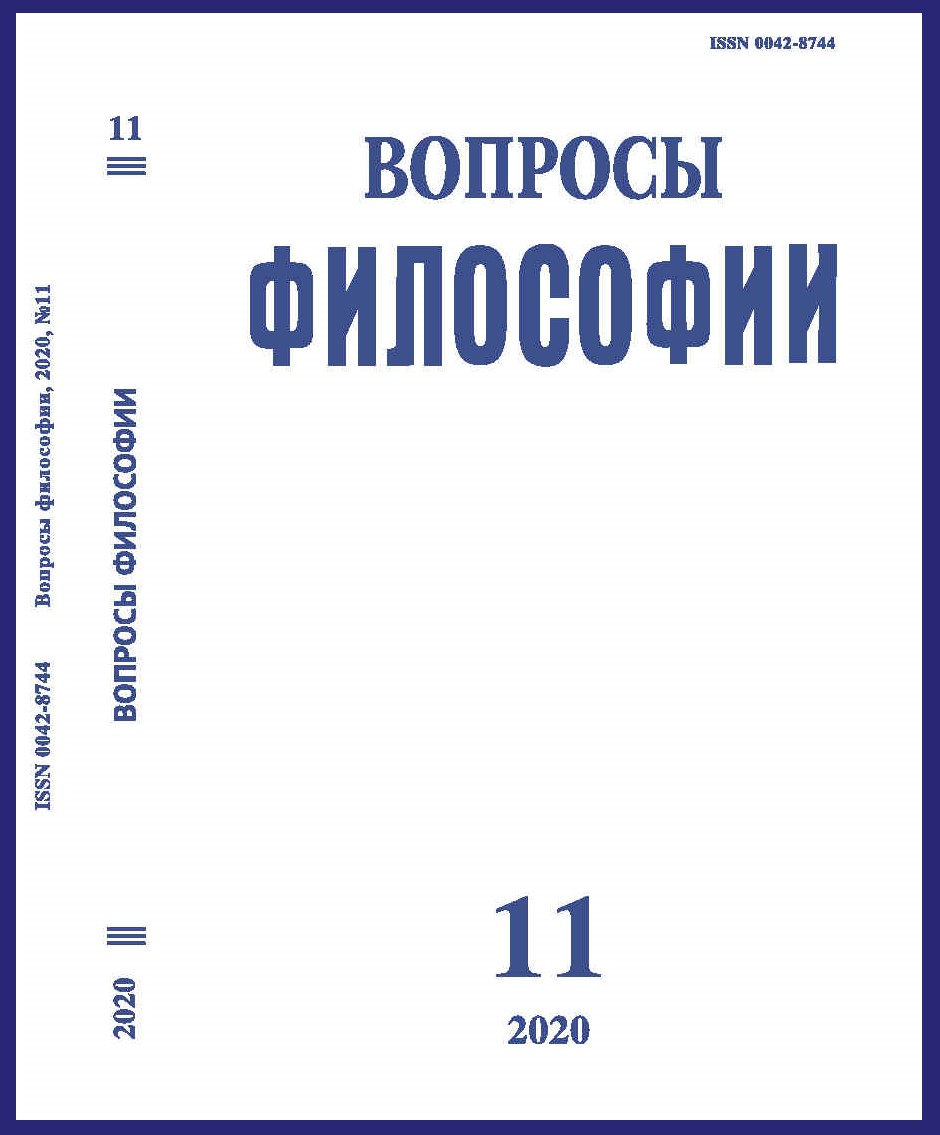Experiment in High-energy Physicsas a Heterogeneous Net of Translation of Interests:an Actor-Network Analysis
DOI:
https://doi.org/10.21146/0042-8744-2020-11-97-108Keywords:
Actor-Net Theory, translation of interests, social constructivism, high-energy physics, international cooperationAbstract
Actor-Net Theory (ANT) as one of the leading directions in science and technology studies (STS) is a group of approaches based on the works of Bruno Latour. Most often, the main thesis of ANT is considered the claim that non-human actors act as participants of interactions equal to people. The notion of the active role of non-human actors constitutes a fundamental difference between ANT and the early social constructivist approaches that limit the construction of facts to sociality as specifically human. In this paper, we examine the history of international scientific cooperation in high-energy physics, which arose in the 1970s – 1980s between the Joint Institute for Nuclear Research (Dubna) and the Fermi National Accelerator Laboratory (USA) in connection with experimental studies of small-angle proton scattering on protons, in the framework of ANT. We show that the experiments under discussion can be represented as a network of heterogeneous actors in which mutual translations of epistemic and political interests occur, and any clear division into context and content cannot be established.

